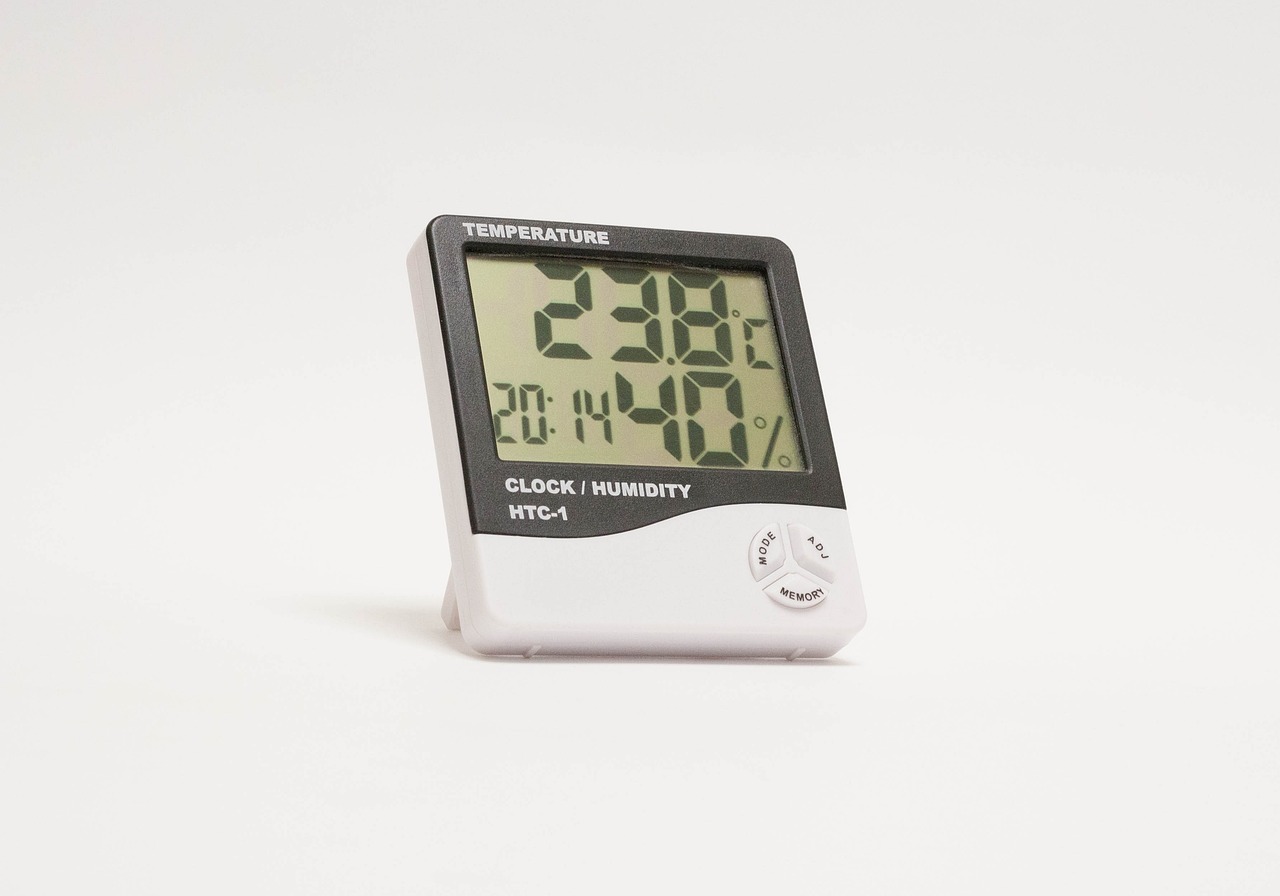Humidity control may not seem like a top priority in industrial settings, but its impact on product quality, safety, and operational efficiency is undeniable. Many industries, including pharmaceuticals, food production, and electronics, rely on precise humidity levels to maintain product integrity and prevent spoilage, contamination, or damage. Without effective humidity control systems, businesses risk compromising their reputation and bottom line. This guide explores the critical role of industrial humidity control systems and how they contribute to ensuring product quality and workplace safety.

Customization for Industry-Specific Needs
Different industries have unique requirements when it comes to humidity control. For example, the textile industry needs precise humidity levels to prevent fibers from becoming brittle, while the electronics industry requires low humidity to avoid static damage. Industrial humidity control systems are highly customizable, allowing businesses to tailor solutions to their specific needs, experts from IDSDrying explain. This flexibility ensures that companies can address unique challenges effectively, improving overall efficiency and product quality.
Preserving Product Integrity
For many industries, maintaining consistent humidity levels is crucial to preserving product quality. In the pharmaceutical industry, for instance, medications are highly sensitive to moisture fluctuations, which can degrade their effectiveness. Similarly, food manufacturers rely on controlled environments to prevent spoilage and maintain freshness. Control systems provide a stable environment, reducing the risk of moisture-induced defects. This consistency ensures that products meet quality standards, resulting in fewer recalls and higher customer satisfaction. By safeguarding product integrity, these systems help companies build trust and loyalty with their consumers.
Preventing Contamination and Spoilage
Excessive humidity can create the perfect conditions for mold, bacteria, and other contaminants to thrive. This is particularly dangerous in industries like food processing, where hygiene and safety are paramount. Contaminated products can lead to severe health risks for consumers, resulting in costly recalls and legal liabilities. Industrial control systems help mitigate these risks by keeping moisture levels within safe parameters. Advanced systems also integrate air purification technologies, further reducing the chances of contamination. These preventative measures not only protect consumers but also safeguard a company’s reputation and regulatory compliance.
Enhancing Worker Safety and Comfort
In industrial settings, humidity levels can significantly impact worker safety and comfort. Excess humidity can cause condensation, making floors slippery and increasing the risk of workplace accidents. On the other hand, excessively dry air can lead to respiratory issues and discomfort for employees. Humidity control systems ensure a balanced environment that minimizes these risks. By maintaining optimal conditions, these systems create a safer and more comfortable workspace, which can boost productivity and employee morale. A healthy work environment also reduces absenteeism, contributing to operational efficiency.
Protecting Equipment and Infrastructure
Humidity doesn’t just affect products and people—it can also wreak havoc on industrial equipment and infrastructure. High humidity levels can cause corrosion, rust, and electrical malfunctions, leading to costly repairs and downtime. Conversely, low humidity can result in static electricity buildup, which poses a risk to sensitive electronic equipment. Control systems prevent these issues by maintaining a stable environment. By protecting machinery and infrastructure, these systems extend the lifespan of assets, reduce maintenance costs, and ensure uninterrupted operations.
Meeting Regulatory Standards
Many industries operate under strict regulatory guidelines to ensure product safety and quality. Humidity control is often a key requirement in these standards. For instance, food and pharmaceutical industries must adhere to Good Manufacturing Practices (GMP), which include maintaining appropriate environmental conditions. Failure to meet these standards can result in penalties, product recalls, or even the suspension of operations. Industrial humidity control systems help businesses comply with these regulations, avoiding costly disruptions and legal consequences.
Energy Efficiency and Sustainability
Modern industrial humidity control systems are designed with energy efficiency in mind. Traditional methods of humidity control, such as over-reliance on air conditioning, can be wasteful and expensive. Advanced systems use innovative technologies like desiccant dehumidification or evaporative cooling to achieve precise control while minimizing energy consumption. By investing in energy-efficient systems, companies not only reduce operational costs but also contribute to sustainability goals. This aligns with growing consumer and stakeholder demand for environmentally responsible practices, enhancing a company’s brand image.
The Cost of Neglecting Humidity Control
Failing to invest in proper humidity control can have far-reaching consequences. Beyond product damage and safety risks, businesses face financial losses from product recalls, equipment repairs, and non-compliance penalties. Furthermore, poor humidity control can damage a company’s reputation, leading to lost customers and diminished market share.
Industrial humidity control systems serve as a proactive investment, mitigating these risks and providing a significant return on investment. By prioritizing humidity management, businesses can achieve long-term success and stability.

These systems are not just optional enhancements—they are essential for ensuring product quality, maintaining safety, and achieving regulatory compliance. These systems protect products, employees, and infrastructure while supporting energy efficiency and sustainability. By investing in advanced humidity control solutions, businesses can stay ahead of challenges, meet industry standards, and build a foundation for long-term growth and success.